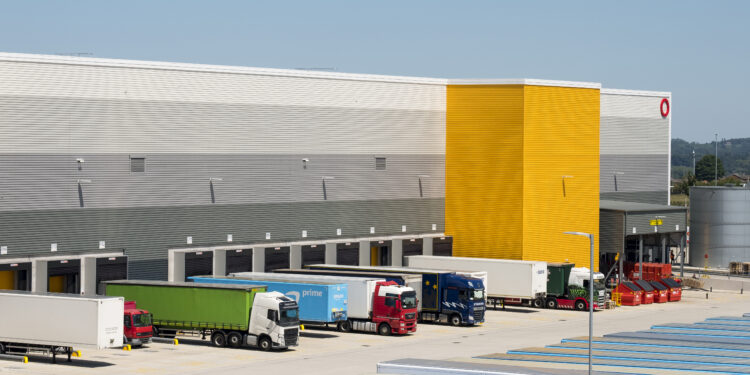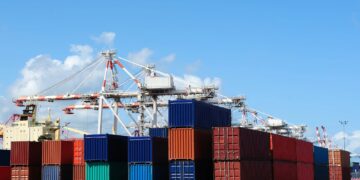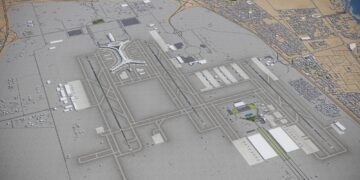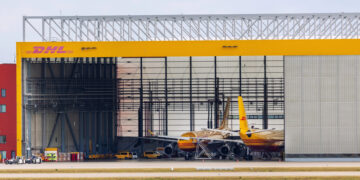A new logistics special economic zone (SEZ) is set to emerge at King Salman International Airport in Riyadh. This initiative results from a collaboration between ewpartners, a pioneering international private equity firm, and the King Salman International Airport Development Company (KSIADC).
The SEZ, named the “KSA-Sino Logistics Special Economic Zone,” aims to enhance logistics growth in Saudi Arabia, transforming it into a global logistics hub that connects three continents. It will strengthen trade links between Saudi Arabia, China, and Asia, aligning with Riyadh’s Vision 2030 economic plan.
Announced at the Global Logistics Forum 2024, this project will develop over four phases within 12 years. Supported by the Ministry of Transport and Logistics, the zone will cover 4 square kilometers and integrate global enterprises, logistics facilities, supply chains, and manufacturing.
Saudi Arabia’s Minister of Transport and Logistics Services, Saleh bin Nasser Al-Jasser, emphasized the importance of this initiative in realizing Vision 2030, with significant investments planned for the future. The SEZ will feature a logistics park and commercial space to attract foreign businesses and investment.
Marco Mejia, acting CEO of KSIADC, highlighted the project as a crucial step in positioning King Salman International Airport as a leading logistics hub. The airport is anticipated to handle 100 million passengers by 2030 and aims for LEED Platinum certification for sustainability.
Jerry Li of ewpartners noted that the strategic location of the airport, serving as a gateway between Asia, Africa, and Europe, will unlock potential for cross-border trade. The project seeks to attract international companies and boost Saudi Arabia’s logistics and e-commerce sectors.
This SEZ will support the “Made in Saudi” program by encouraging global businesses to establish manufacturing capabilities locally, facilitating exports to key markets. It is expected to draw numerous wholesalers, retailers, and light industrial manufacturers from China and Asia, enabling market expansion beyond the region.









